Description
Ammo Inc .380 JHP
Ammo Inc .380 JHP cartridge was derived from Browning’s earlier .38 ACP design, which was only marginally more powerful. The .380 ACP was designed to be truly rimless, and headspaces on the case mouth instead of the rim for better accuracy. These relatively low-powered designs were intended for blowback pistols which lacked a barrel locking mechanism, which is often required for any handgun firing a round more powerful than a .380. Using blowback operation, the design can be simplified, and lowered in cost; a locking mechanism is unnecessary, since the mass of the slide and strength of the recoil spring are enough to absorb the recoil energy of the round, due to the round’s relatively low bolt thrust. Blowback operation also permits the barrel to be permanently fixed to the frame, which promotes accuracy, unlike a traditional short recoil-operation pistol, which requires a tilting barrel to unlock the slide and barrel assembly when cycling. A drawback of the blowback system is that it requires a certain amount of slide mass to counter the recoil of the round used. The higher the power of the round, the heavier the slide assembly has to be in order for its inertia to safely absorb the recoil, meaning that a typical blowback pistol in a given caliber will be heavier than an equivalent recoil-operated weapon. Blowback weapons can be made in calibers larger than .380 ACP, but the required weight of the slide and strength of the spring makes this an unpopular option. Although the low power of the .380 ACP does not require a locking mechanism, there have been a number of locked-breech pistols chambered in .380 ACP, such as the Remington Model 51, Kel-Tec P3AT and Glock 42; all three being designed to be lighter than blowback-operated .380 ACP weapons. There have also been some relatively diminutive (blowback-operated) submachine guns, such as the Ingram MAC-11 and the Czech vz. 83.
The .380 ACP has experienced very widespread use in the years since its introduction (1908 United States and 1912 Europe). It was later adopted by the armies of at least five European nations as their standard pistol cartridge before World War II; Czechoslovakia (Vz.38), Hungary (FEMARU 37M), and Italy, all of whom used domestic designs, as well as The Netherlands and Yugoslavia, both of whom adopted the FN Model 1922. It was also used extensively by Germany, who captured or purchased hundreds of thousands of pistols in this caliber during World War II. Popular German built commercial models, such as the Walther PPK were very popular with German officers. The Italian Army used the Beretta M1934, but the Italian Air Force and Navy stuck with the 7.65mm/.32 ACP when they adopted the Beretta M1935.
While .380 ACP was considered to be a moderately powerful service pistol round before World War II when compared to the .32 ACP pistols it replaced, no nation retained it as a military service cartridge for very long after the war (when it was largely replaced by the more powerful 9×19mm Parabellum). It was widely used by police forces in Europe until the 1970s, when more powerful 9×19mm handguns began to replace it in this market as well. It does find some use as a backup gun due to the generally small and easily concealable size of the weapons that chambered it (very few “mini pistols” are made in calibers larger than .380 ACP, and those few that are, are recent developments), and is popular on the civilian market as a personal defense round. The .380 ACP round is suitable for self-defense situations as a choice for concealed carry pistols.
AMMO SPECIFICATIONS:
- Brand : Ammo Inc
- Classification : Ammunition
- Caliber : .380 ACP
- Bullet Weight : 90 grain
- Bullet Type: Jacketed Hollow Point (JHP)
- Package Type : Box
- Number of Rounds : 500 rounds
- Muzzle Velocity: 980 ft/s
- Muzzle Energy : – ft/lbs




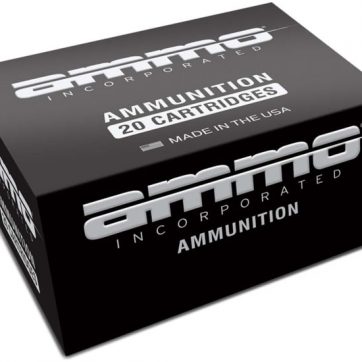
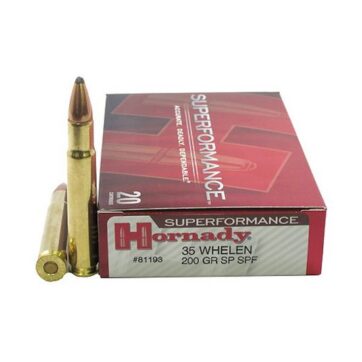

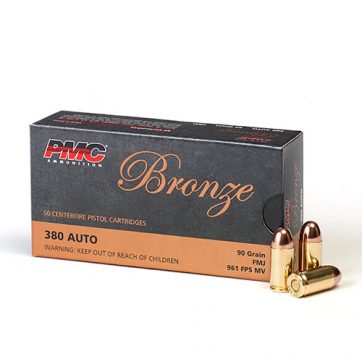
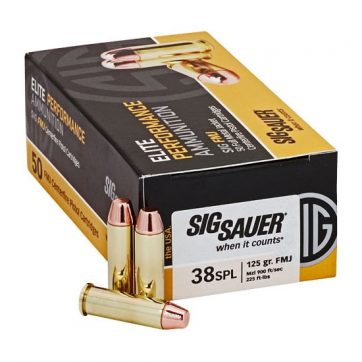
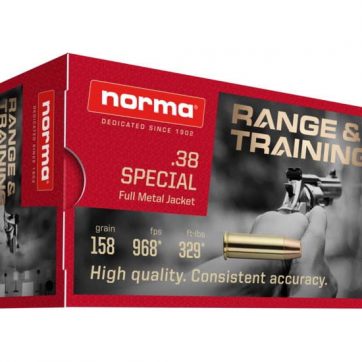
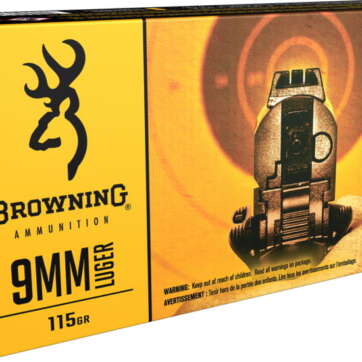
Reviews
There are no reviews yet.